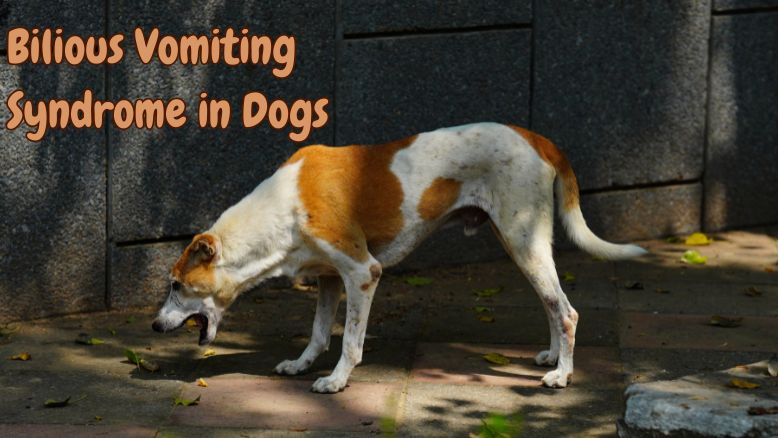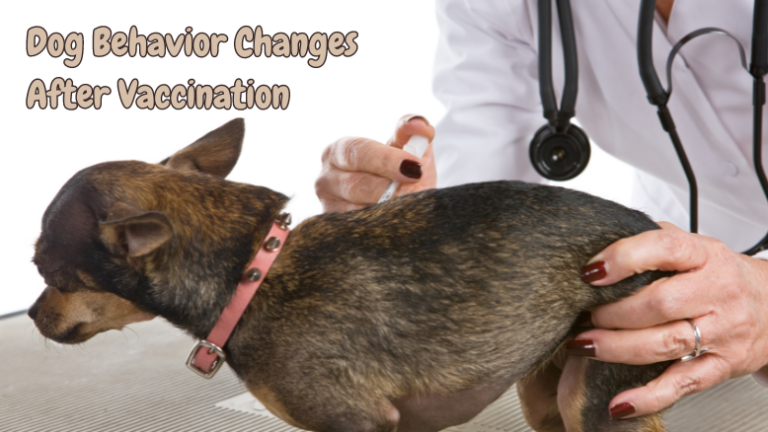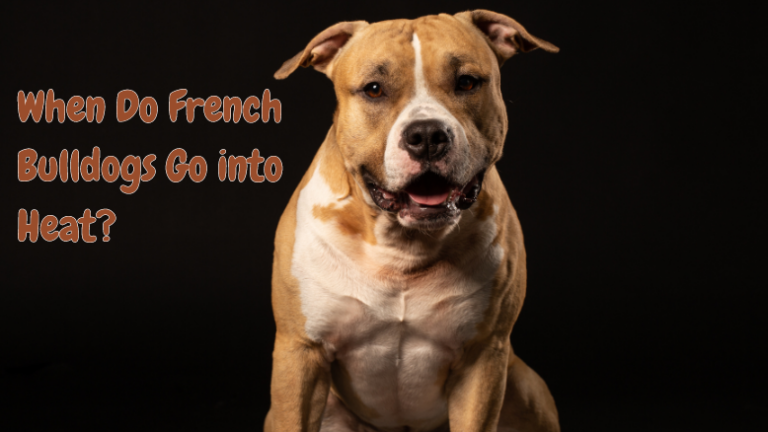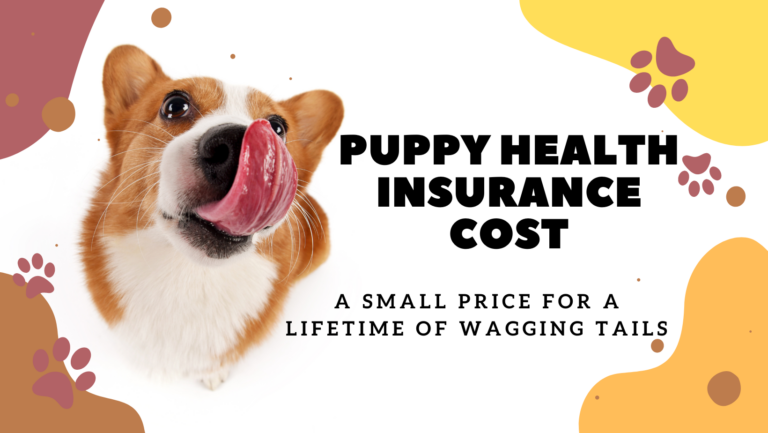
Bilious Vomiting Syndrome Symptoms in Dogs
Very typical signs characterize Bilious Vomiting Syndrome in Dogs (BVS) but frustrating due to its unpredictable pattern. The most constant sign is early-morning or late-night vomiting; it usually occurs when the dog’s stomach is empty. The vomit itself is yellowish and frothy, from the bile created by the liver. Other signs that might be combined with this include a decrease in appetite, and some evidence of nausea, along with periodic lethargy. These symptoms flare erratically but usually worsen progressively with time, making their way to intrude into the dog’s life to cause some moderate degree of discomfiture.
Home Remedies for Canine Bilious Vomiting
Some home remedies may help alleviate some of the symptoms in dogs with mild cases of BVS. One good remedy is to feed small meals more frequently in the day, which prevents the stomach from going a long time without food inside thus reducing the time a free flow of bile is encountered. Some bland foods like cooked chicken and rice can calm the stomach. Ginger, on its own, has anti-nauseant properties and can be fed in small amounts, but that must only be done under the advice of a veterinarian. Probiotics as well as pumpkin puree have been proven to be beneficial for digestive health and for reducing gastric irritation.
Causes of Bilious Vomiting in Dogs
The most common cause of bilious vomiting syndrome is the dysfunction in the regulation of bile. A dog’s stomach can be empty for several hours, thereby forcing the liver to produce more bile, drained out there to digest food consumed in the stomach. This irritant causes an inflammation response from the lining of the stomach that provokes the stomach to throw up the bile. Other causes causing the condition include nasty eating habits, diets full of fat, and probably gastric motility. Other breeds more susceptible to BVS are miniature Schnauzers and Chihuahuas, but it’s usually a general breed of dog.
Bilious Vomiting Syndrome Diet for Dogs
A diet that is well-targeted will make up much of the effective management of BVS. Feed low-fat foods that are easily digested in order to minimize irritation to your dog’s stomach and lower the amount of bile produced. The proteins such as cooked chicken, lean turkey or fish are doped with simple carbohydrates which may be rice or sweet potatoes. Feeding smaller portions of the dog’s regular intake of food spread out throughout the day, and not letting the stomach go too long keeps the bile from building up and irritates the digestive tract in the absence of food intake.
The best way to prevent bilious vomiting is by avoiding rich treats and table scraps since this maintains diet consistency and keeps those flare-ups away.
Prevention is primarily aimed at a coordinated approach with feeding times and meal content. This can be quite easily done by preventing the dog’s stomach from lying empty for too long, thus preventing the dreaded bile from building up. For instance, a fixed feeding schedule, preferably with small portions offered at fairly frequent intervals, usually does the trick. Sometimes even if the dog continues to vomit during the night, a little snack at about bedtime seems to do the trick. Monitoring and reducing the quantity of fats in the diet as well as avoiding drastic changes in diet also help prevent BVS episodes.
Additional Treatments For Bilious Vomiting Syndrome In Dogs
Sometimes, home remedies and dietary changes alone are not enough to resolve the disorder. The veterinarian might prescribe some acid reducers to reduce irritation in the stomach or motility agents to stabilize gastric emptying. In some instances, the use of bile acid-binding agents may also be administered to stop bile flow toward the stomach. Other more holistic treatments involve the use of complementary fixings such as slippery elm that coat the stomach lining. Symptom monitoring and repeat treatments are also required.
Emergency Veterinary Care Considerations for Bilious Vomiting in Dogs
Most dogs with BVS can be managed by the owner on their own, but professional veterinary care is needed if clinical signs have continued. Vomiting on a regular basis-especially as it is worsening in both frequency and/or severity-also requires a vet visit. Weight loss, dehydration, extreme lethargy, and behavioral alterations indicate BVS is worsening or other gastrointestinal illnesses are present. A veterinarian can confirm the diagnosis, rule out other potentially life-threatening diseases, and guide the best treatment course.
Bilious vomiting in dogs
BVS, in essence, is a functional gastrointestinal disorder, therefore calling for full understanding to be subdued. Unlike other vomiting-related illnesses, BVS is more about bile accumulation than it is about food intolerance or infection. Such knowledge-chronic yet manageable would most probably set the correct expectations. Proper care, scheduled feeding routines, and familiarity with the patterns of symptom occurrence can well counteract the dog’s daily life against BVS.
Foods to Avoid on Dogs with Bilious Vomiting Syndrome
Some foods seem to exacerbate the symptoms of BVS. Those containing fats, such as cheese and sausages and some commercial dog treats, always encourage bile functions, hence many vomiting episodes arise. Spices, flavors, and highly processed ingredients should be avoided completely because they seem to irritate the lining of the stomach. A simple diet with the least ingredients should be given to dogs suffering from BVS. Consulting with a veterinary doctor on how to alter the diet in the assessment of needs may be beneficial for identifying how food can be managed.
Long-term care for a dog with bilious vomiting
The BVS dog on long-term care has to be reset periodically. There has to be consistency in feeding it. Any symptom change should be monitored. Keeping the weight ideal, feeding predictably, cutting back on dietary fat, making exercise gentle, and lessening the stress factors will go a long way in helping the condition. The owners have to visit the vet regularly to make sure that the treatment plan is on track; they may have to change it time and again.
Conclusion
The key to bilious vomiting syndrome management is consistency. With regular feeding and mindful diet close monitoring, you can significantly improve your dog’s comfort and quality of life. Working together with your vet in the proactive management to keep BVS in check allows your dog to thrive.






